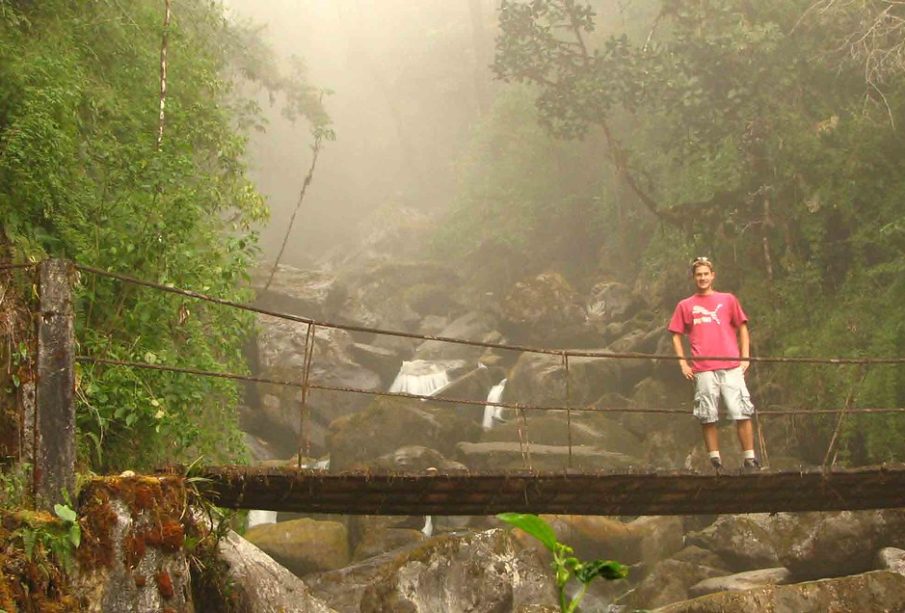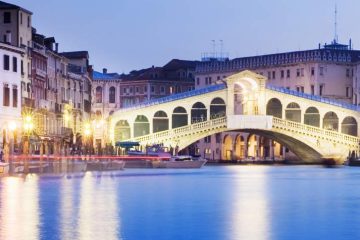Venezuela: Navigating Through Economic and Political Turmoil

The State of Venezuela Today
Venezuela has been a country of significant interest in recent years, primarily due to its ongoing economic and political crises. With the largest oil reserves in the world, the nation has faced dramatic changes since the fall of global oil prices, leading to one of the most severe economic downturns in modern history. The relevance of understanding Venezuela’s current situation cannot be overstated, as it serves as a case study of the consequences of mismanagement, corruption, and political strife.
Economic Crisis and Its Impact
The Venezuelan economy has contracted by over 75% since 2013, with hyperinflation rates exceeding 3,000% in the last few years. The International Monetary Fund (IMF) reported that unemployment rates have surged, reaching upwards of 50%, and the majority of the population is living in poverty. Basic necessities like food and medicine are scarce, leading to malnutrition and health crises among citizens.
Political Struggles
Alongside economic woes, Venezuela is experiencing a persistent political crisis. The dispute over leadership between the Maduro government and the opposition, led by Juan Guaidó, has resulted in a power struggle that has drawn international attention. The United Nations and various nations have expressed concern regarding human rights violations, censorship, and the crackdown on dissent. In recent months, there have been attempts for dialogue under the auspices of international mediators, yet progress remains slow and fraught with challenges.
International Response and Future Outlook
The international community’s response has varied; some countries continue supporting the Maduro regime, while others advocate for change and have imposed sanctions. Humanitarian aid has poured in from various nations, but the distribution remains an issue due to government restrictions. Forecasts predict that the political and economic conditions in Venezuela may worsen if substantive reforms are not implemented in the near future.
Conclusion
Venezuela’s situation epitomizes the struggles faced by nations experiencing political and economic turmoil. As the country navigates through these challenges, the global community is watching closely. The resolution of Venezuela’s crises will be crucial not only for the citizens but also for regional stability in Latin America. Understanding these dynamics will be essential for anyone interested in the future of Venezuela and the broader geopolitical landscape.









